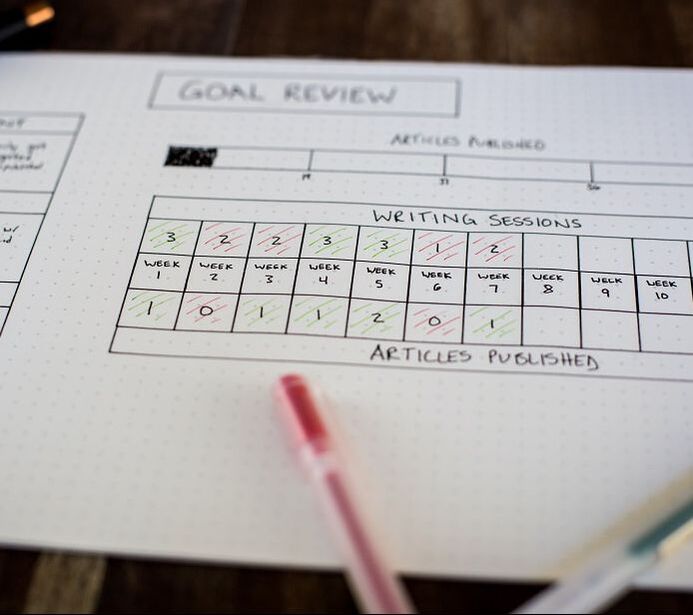|
Learning to say no in general is a difficult thing to do for many, but more so in a freelance setting where it’s usually a feast or famine situation for most folks unless they’ve strategically planned how they are going to grow their business. Many freelancers jump into that lifestyle on a whim and end up feeling overwhelmed, having to say yes to every opportunity, not knowing when the next good thing will come by. Learning to say no will help you change that. Here’s how and when… 1. Say no when the project doesn’t align with your goals - This may seem counterintuitive starting out in the freelance world when many folks will tell you to take whatever you can get but it honestly isn’t such slim pickings. If you can be sure about the projects that you want to work on and ones that you do not want to work on, then you can build a lifestyle you want. Factors to consider include the pay rate, turnaround times, nature of deliverables, estimated time commitment, etc. This will free up your time and attention to focus on projects that do align with your goals, and you can build up from there instead of having to finetune your approach at a later stage. 2. Say no when the client doesn’t value your experience - Many clients start on a project with the best intentions of including the freelancer and making the project a collaborative effort, but along the way they lose sight, and it ends up being an arrangement where the client simply asks for a certain set of tasks to be done and expects the freelancer to comply without any insights. If this works for you then great but if not, then it’s time to let this client go and find someone else that does value your inputs and sees you as a valuable partner in this process. It’s also common to hear clients go – “we’ll pay your lesser but offer you work for a guaranteed period of time” – thinking that the longevity of the project will make you want to take it even at a lower rate. But why would you take a project for that long at a rate that doesn’t value your skills when you could possibly be working with a client that does see value in you and will pay for that? Even if it is for a shorter period, you will probably end up making the same amount of money faster. 3. Say no when you cannot commit to an assignment - This is especially difficult to do when you have to say no to an editor you enjoy working with or are offered a great story opportunity but if you know you cannot deliver or will have distractions or have other obligations then please decline the assignment. If the editor values your work, then they will understand and will wait for when you are next available. It is perfectly acceptable for you to decline projects when you do not have the bandwidth or have personal or medical needs to cater to or any other reason really that you deem necessary. You do not always have to say yes. Family vacations, professional exams, urgent surgeries are all reason to take a break or say no to work and you should be able to best gauge at the time if you are able to accept a project or not. Have you had to say no to any of these situations or otherwise? Chime in with your comments below… If you find this useful then read these next:
1. How magazine editors can work better with freelance writers. 2. How can freelance writers work better with their editors. 3. How to find freelance work when you don't know any editors.
0 Comments
Leave a Reply. |
Categories
All
Archives
March 2023
|





